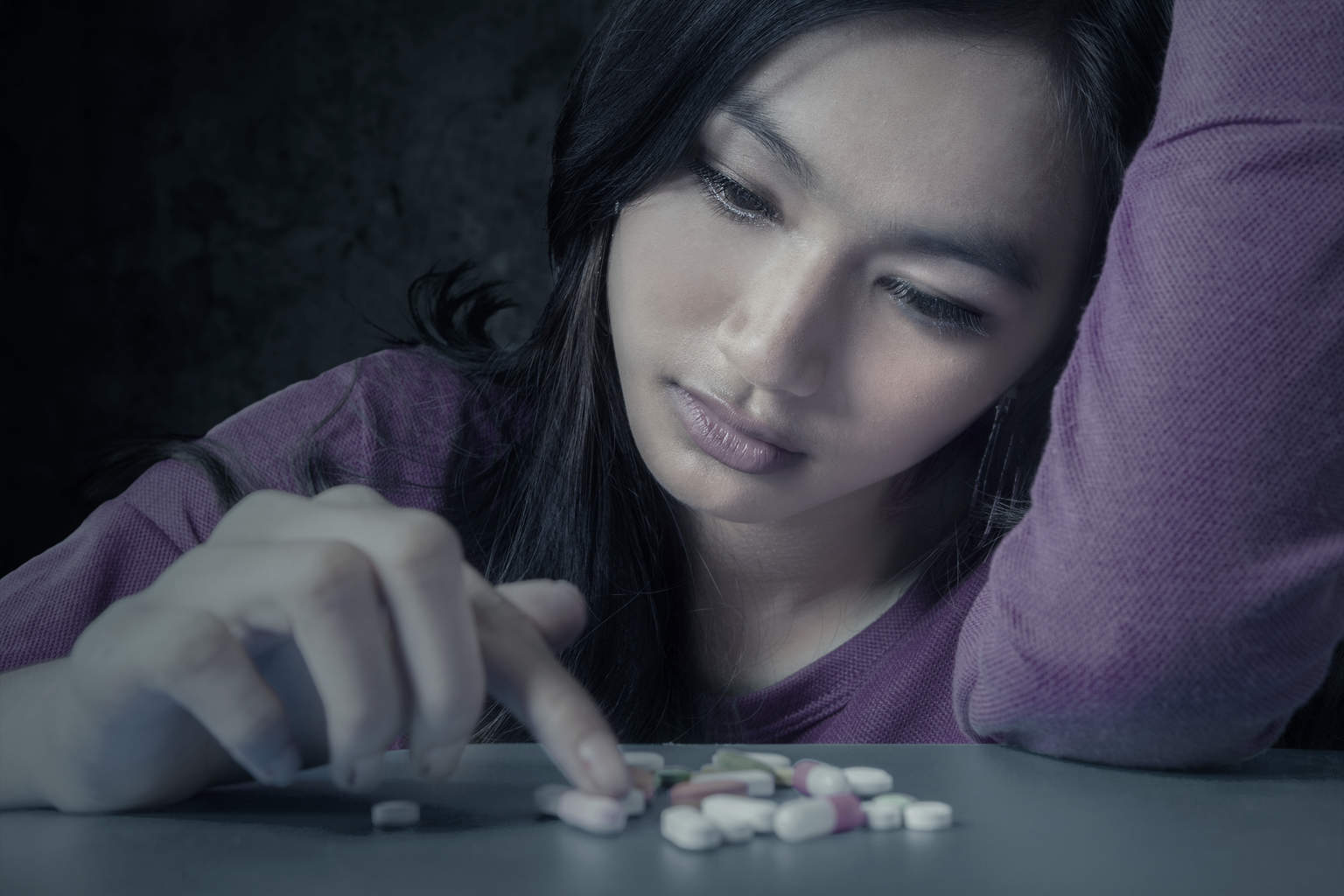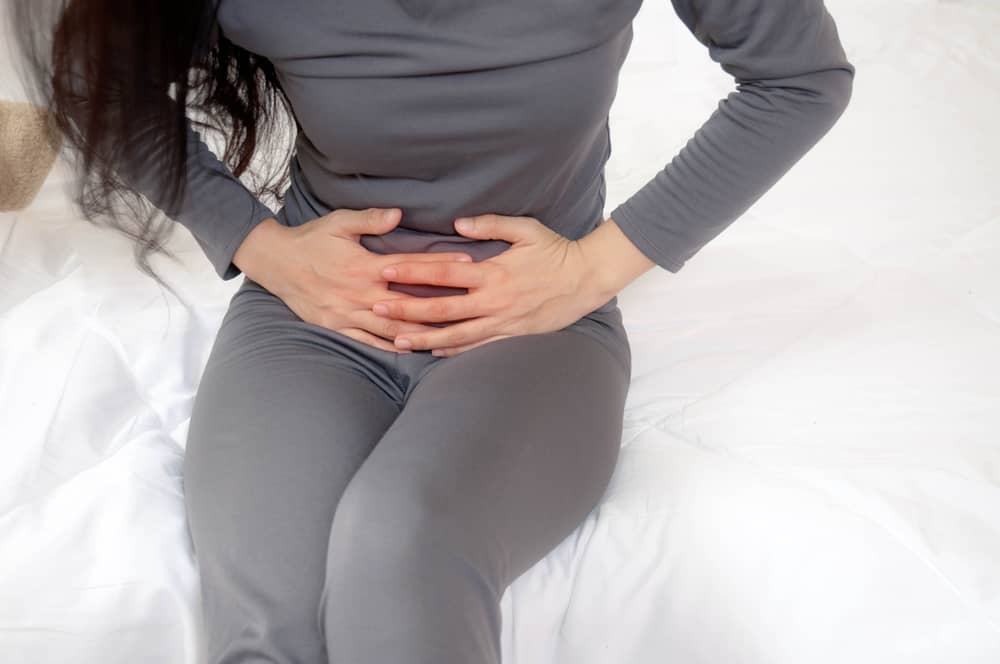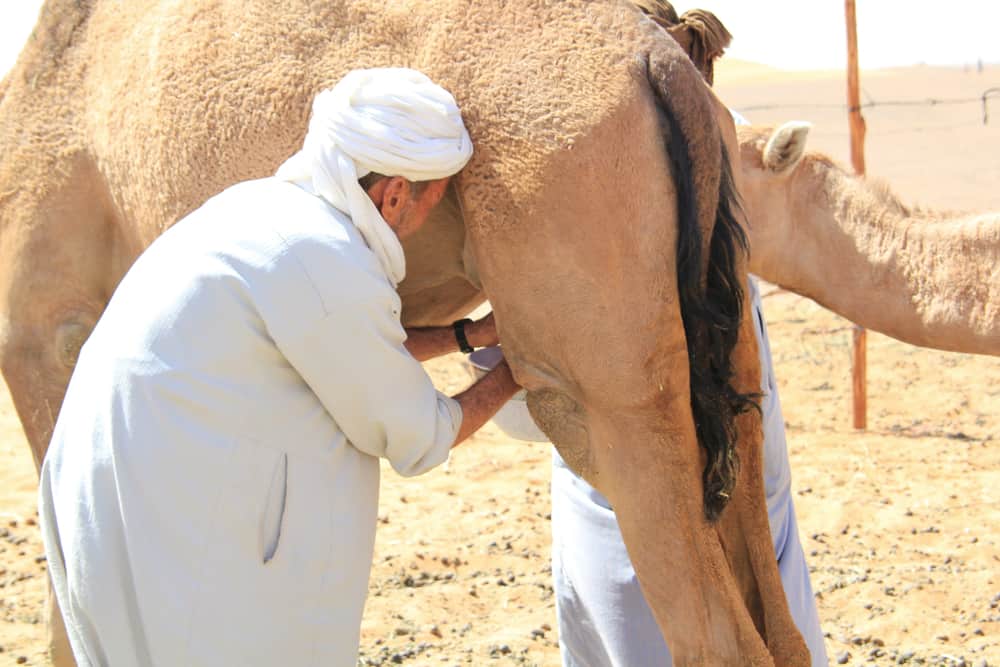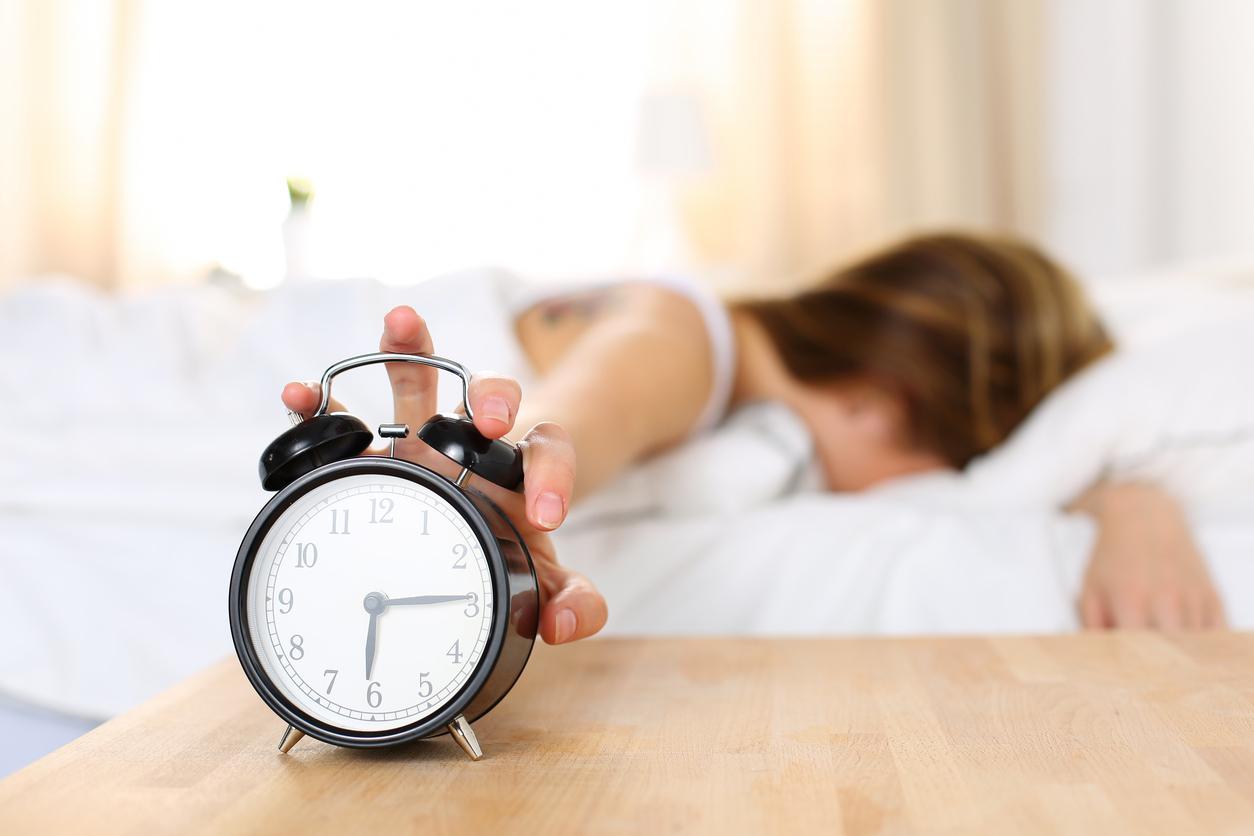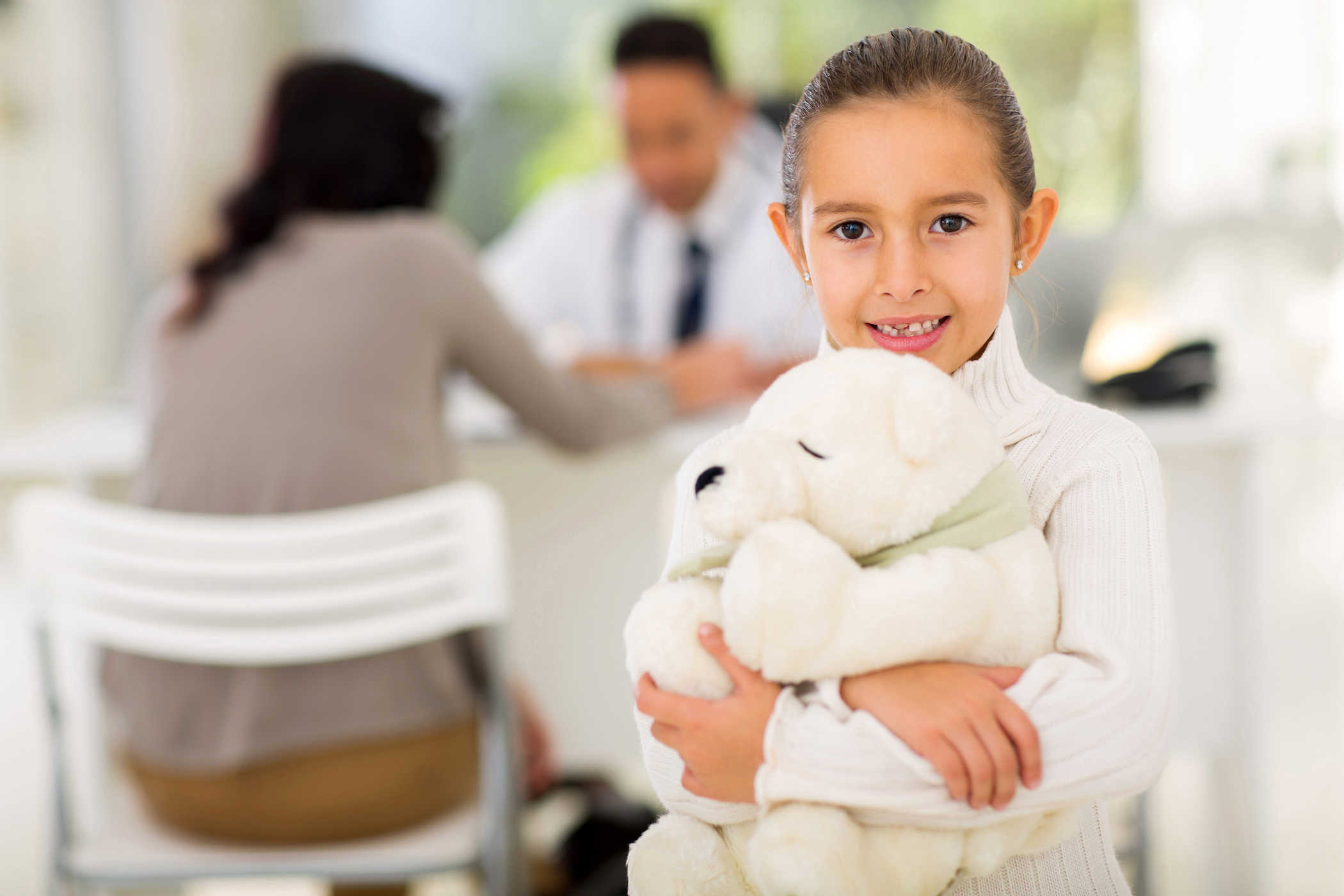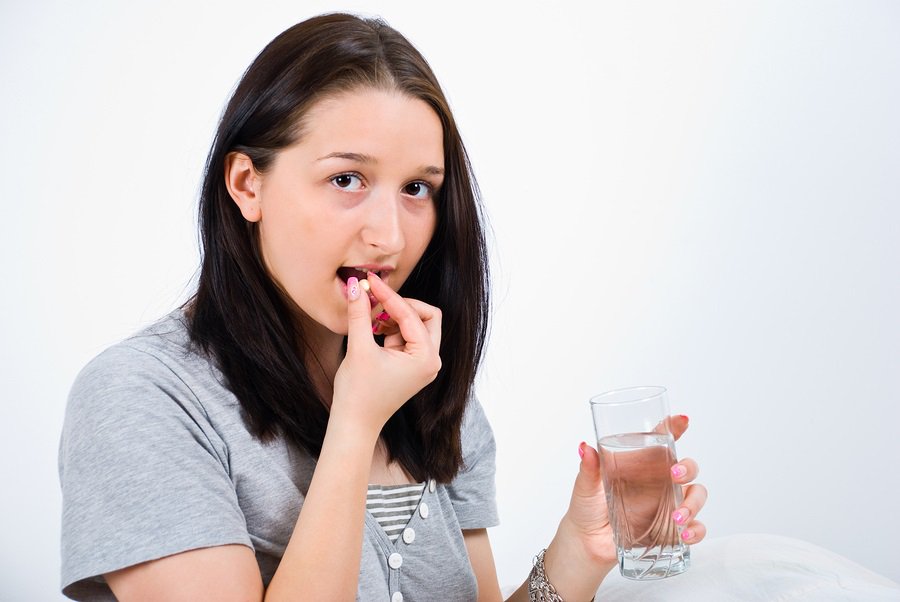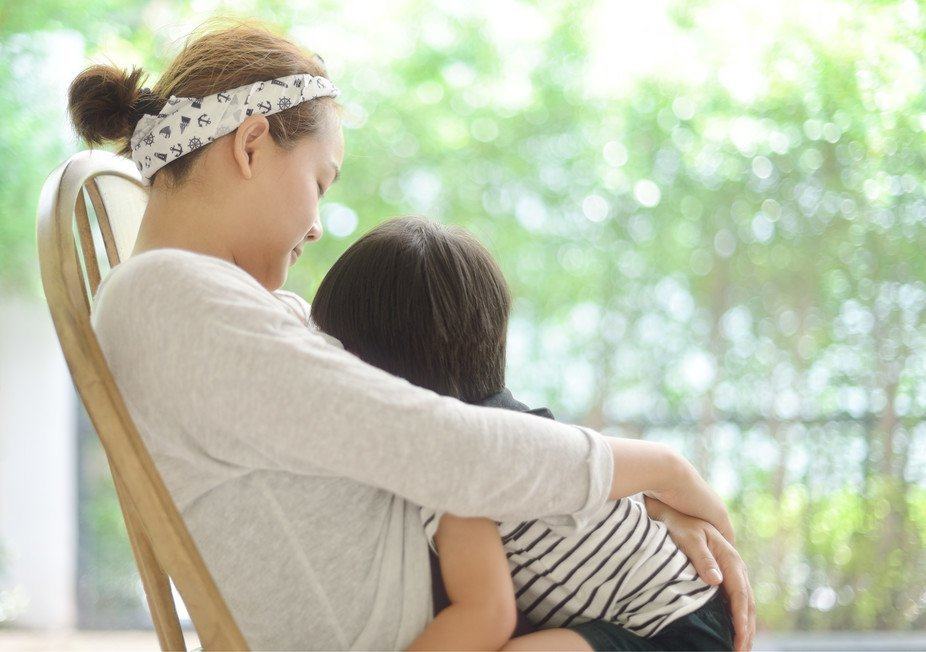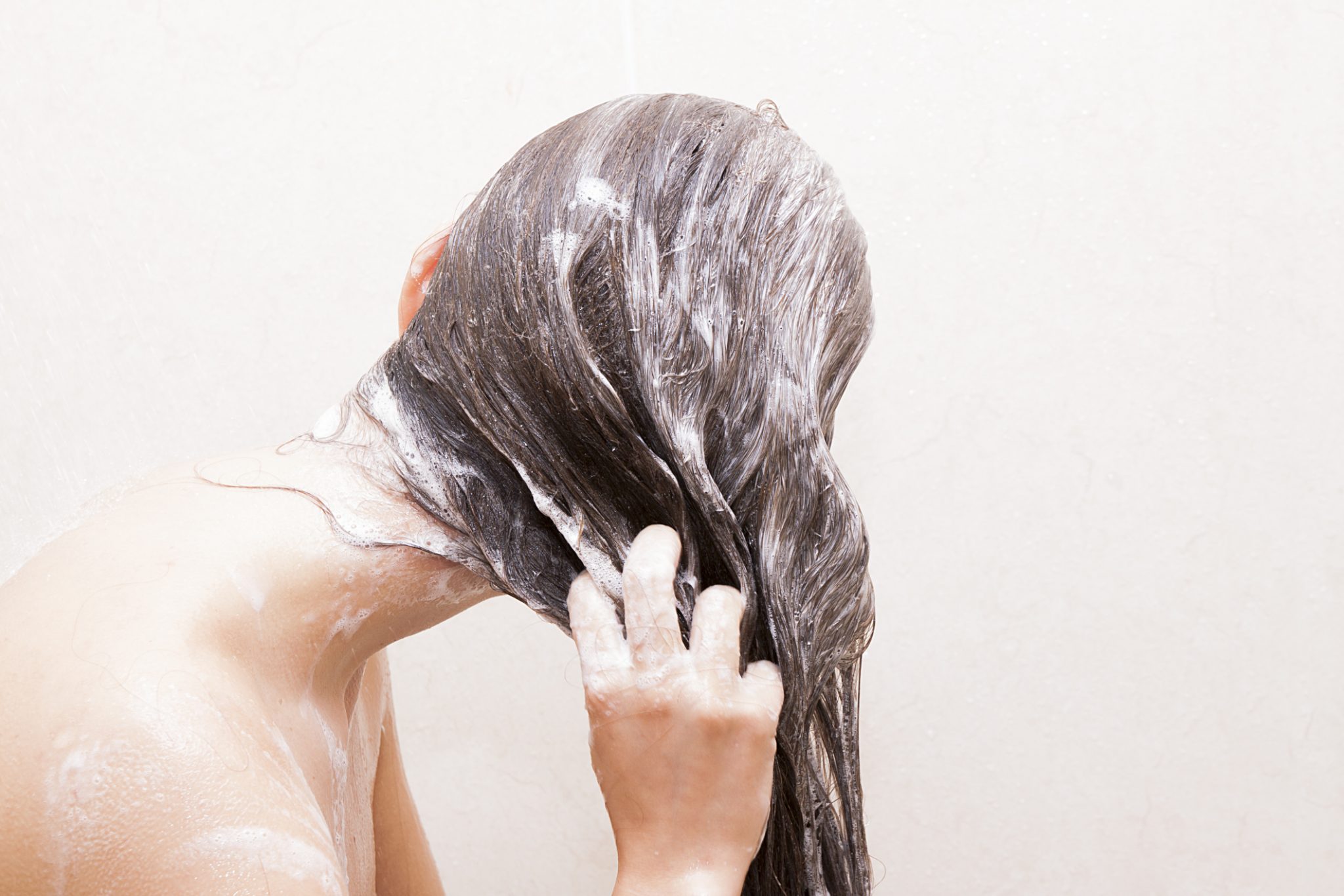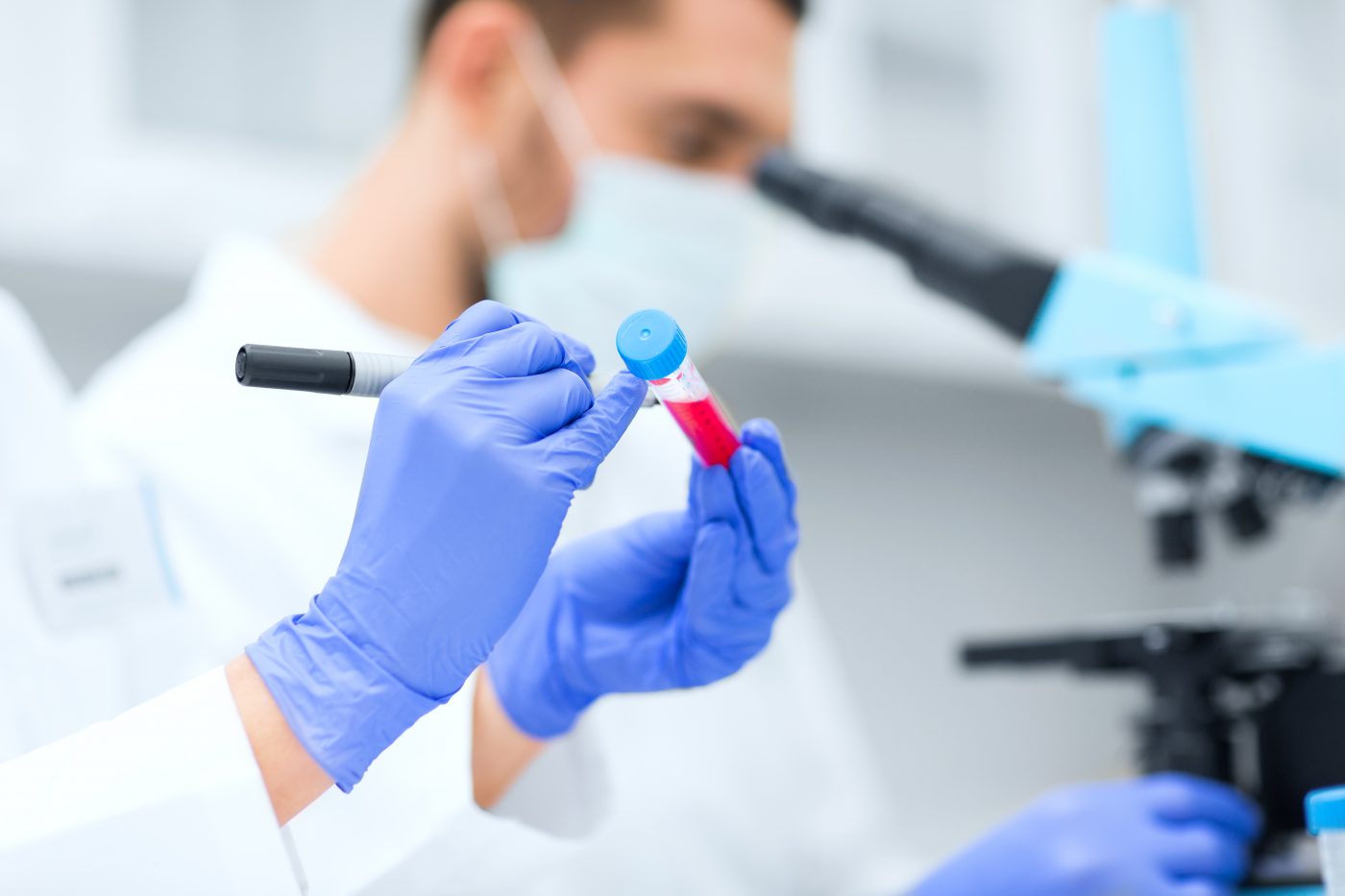Contents:
- Medical Video: Psychological Interventions For Pediatric Chronic Pain by Karen Kaczynski for OPENPediatrics
- The role of parents
- Tips for remembering pain treatment
- Release the child
- How do teens face freedom?
Medical Video: Psychological Interventions For Pediatric Chronic Pain by Karen Kaczynski for OPENPediatrics
Adolescence is a time that is quite challenging, especially if coupled with chronic pain. Apart from health matters, chronic pain can affect relationships with family, friends, and can have an impact on self-image. Pain can also limit or interfere with school activities, recreation and work activities.
But the important thing is, when your child grows into a teenager, the responsibility for overcoming chronic pain will begin to be borne by your child. The more mature your child is, the responsibility for overcoming pain will increase slowly.
The main part of this transition will take place during adolescence. The best way to minimize the adverse effects of chronic pain is to provide information to the child as much as possible.
The role of parents
Parents can help when children are young by encouraging them to have a healthy mind and overcome chronic pain: for example, providing relevant information, involving children when making decisions as early as possible, and teaching them ability to solve problems.
Support your teen to express their feelings and concerns about pain and find ways to overcome them together. If the time is right, your child can begin to take responsibility for overcoming his pain by starting to meet his own medical personnel.
The visit itself can be divided into several stages until the teenager feels comfortable. This can help the transition in taking full control of its handling, as well as the opportunity to discuss more privately without parents. Making your own visit can make teenagers aware that soon this responsibility will be borne by them.
But with the responsibilities taken by the child, some of his decisions might cause problems. Teens need to feel confident that they can discuss what happened without fear of criticism. Give confidence in your child's ability to choose decisions without being too critical. It is important to support teenagers enough to help them choose wise decisions.
When needed, consult a health care professional such as a teenage issue expert, social worker, psychologist, psychiatrist, or specialist in adolescent treatment. Consultation is important if your child has behavior that is risky or seems unable to overcome emotional issues.
Tips for remembering pain treatment
It's not always easy to remember when to take medication. Teenagers have a busy life and easily forget to take medicine. Taking medication is often seen as negative, a burden, lack of control, or a reminder of a condition they don't want to remember. Despite the potential of these problems, following a treatment routine is important in taking responsibility for overcoming pain.
Here are some tips that can be done by teenagers:
- Combine taking medication in your daily routine, such as taking a shower in the morning or brushing your teeth at night. Use the pill of their choice so that it's easy to remember what medication and when to drink it. Your child can also use a place of medicine in the form of a watch, ring or earrings designed to hide drugs, if the child does not want to be seen carrying a medicine container.
- Consider electronic reminders to remind your child to take medication, such as computers, smartphones, or digital watches.
- If your child's routine changes, such as going on vacation, the risk of forgetting to take medication increases. Parents can help by making sure the drug is taken and stored in an accessible and safe place, such as a cosmetic bag or small bag.
Release the child
At some stage, all parents struggle with the freedom of their teenagers. For some parents, releasing children to be independent is a difficult process. For parents with children who have chronic pain, this can be felt more difficult.
After managing child care, it is sometimes difficult to give freedom and see children carry their own responsibilities. Some parents even limit children's efforts to be more independent. But parents need to start accepting children responsible for their own lives, so that they can maintain their own health as adults. If your child is ready, he can be trusted to take good care of himself. Proper preparation includes ensuring that he knows what he needs, handling it, and the consequences of neglecting to protect himself.
How do teens face freedom?
Some teenagers want to be independent and be responsible for their own health. Some feel scared and stay dependent on parents. It is important to look for the midline. Parents can continue to provide support and provide encouragement so that children begin to move on their own. The main goal is to slowly transfer responsibilities from parents to teenagers. Your child must understand that important life decisions such as education, career and daily life must also remember how chronic pain can be overcome and how it affects health. The key is to remain realistic, optimistic about what is possible and impossible for the future.
Hello Health Group does not provide medical advice, diagnosis or treatment.

